With the date of Turkish elections coming soon, Turkish president and his Justice and Development Party (AKP) are facing one of the most serious challenges since the year they came to power. Namely, inflation exceeded 80% in September 2022 and Turkish Lira plummeted in the face of American Dollar. These economic hardships are leading the prospects of a political change to peak. According to polls, Erdogan is in real trouble with the AKP receiving barely 29.5% of votes. Accordingly, Erdogan and his allies resorted to the Nationalist rhetoric knowing that it is an important card when it comes to attracting Turkish citizens’ votes. Turkish Nationalism is believed to be nurtured by Kurdish uprisings and the belief in the “revival” of the Ottoman empire. Next May, general elections are to be held in the middle of the aforementioned atmosphere which threatens Erdogan's legacy. Using the same nationalist tactic as he used in 2018, will the Turkish President succeed again or it is a burned card not useful anymore?
The Nationalist Tactic
During the 2018 elections, nationalist discourse has demonstrated its durability inside the Turkish society. Parties who gained most votes; AKP, MHP and Iyi, are all nationalists. Although Turkish economy was facing struggles including high inflation rates, unemployment and the currency was losing more than 20% of its value, Turks still chose to vote for Erdogan and his party. Results reveal the fact that identity is an important dynamic in Turkish politics. Beginning from 2015, the Turkish president has marshaled a populist discourse which ranged from attacking the country’s secular elites and terrorist enemies, both real and imagined, while invoking a discourse of the nation’s past he only could redeem. For Erdogan , nationalism constituted a key path to preserving his grip on power. The AKP succeeded in the parliamentarian elections only because of the alliance with the hard-right Nationalist Movement party, that was despite the fact that a segment of its support splintered off in the favor of the opposition. Erdogan has always been adept in using Nationalistic narrative to stoke a fear held by Turks of the foreign powers determined to demolish their nation. In the run-up of the aforementioned general elections, Erdogan and his party seemed more eager than ever to blame foreign enemies for all Türkiye’s struggles. Nationalist narratives included blaming the imagined enemy for the slide in the value of the Lira. The back-then Foreign Minister (Mevlut Cavusoglu) claimed an “organized campaign” masterminded in foreign countries held the guilt for the plunge in the Turkish currency; he added “They began working on how they could demolish Türkiye through its economy after the July, 2016 coup attempt failed. We have managed to repel these attacks with minimum damage by taking precautions”.
Not just economic hardships that are being blamed on plots hatched abroad; the Turkish president and his AKP members have pointed their fingers towards the U.S., Europeans and the Jewish lobby for being the main suspects. It has always been an election strategy to stop whoever speaks about economic troubles by stirring up nationalist emotions to divert attention away from issues such as democratic decay, corruption and human rights violations. Nevertheless, it was not even a new AKP tactic as the failed July coup attempt was also blamed on a U.S.-based Turkish cleric and was linked by Erdogan to the CIA. Turkish president and his party went even further by risking a confrontation with his allies by launching a critique towards his French counterpart for allowing a French magazine to dub him as a dictator. Another attack against Trump for moving the embassy to Tel Aviv was seen as an attempt to win voters’ sympathy for being too severe compared to others who have been more restrained in criticizing the American decision. According to many observes to Turkish politics, it appears at times as if the AKP is running elections against the West and not against domestic opponents. The increasing nationalist rhetoric seems to be a growing phenomenon in Turkish Politics.
To Be Continued
Late 2022, two events proved of a considerable benefit for Erdogan to presume the same strategy he has been following since 2015. Those two events are the awakening of tensions with Greece over the Aegean waters along with Swedish bid to Join NATO. Political opportunism once again served the Turkish president in the continuation of the nationalist strategy which once proved successful. Months before Turks are expected to head to ballot boxes, Erdogan started to target the West through his statements about “imperialists who do not digest the political and economic independence of Türkiye” by which he continued to bet on the West which is using Greece to hurt his country. Tensions with Greece floated amid manufactured disputes over gas drilling, Cyprus, and the alleged “militarization” of Greek islands in the Aegean Sea. Despite being at odds for decades over a number of disputes including maritime borders, the long-running Cyprus dispute and other overlapping claims, Ankara has stepped its rhetoric against Athens in recent months. Turkish president Recep Tayyip Erdogan has even gone further by warning that a missile could hit the Greek capital unless the Greeks “stay calm”. The re-eruption of the dispute with Greece represented an opportunity for the Turkish president and his fellows to throw the card of nationalist rhetoric which was in their favor in 2018 elections hoping to do the same in 2023.
Erdogan’s other opportunity represented in the Swedish bid for joining NATO. Türkiye stands in the way of Sweden on the ground of Swedish relations with Kurdish parties considered as terrorists by the Turkish state. Kurdish groups, PKK and YPG whose members sought refuge and are protected by Swedish government, are always referred to as terrorists and enemies to the nation. When the Turkish president insists that “there are terrorists sitting in parliaments of certain countries” to justify his state’s objection to Sweden and Finland joining NATO, he does so in an attempt to press on a very sensitive area in the Turkish society which is their national feeling. Turkish rulers are then using Sweden as a leverage in a broader political campaign in which Erdogan wants to play to his domestic base. Another incident energized Erdogan’ nationalist speech is actually the burning of the Quran in front of the Turkish embassy in Stockholm which may appear as an act with religious ramifications other than nationalist ones. However, because Erdogan’s nationalist ideology relates to the era the Ottoman Islamist empire, Islamism and nationalism are then equated and represent the same thing. Meaning that burning the Muslim holy book is another opportunity for the president to employ for the sake of political opportunism. Additionally, Erdogan is risking again backfire from the West by sending tanks to Syria to dislodge Kurdish groups allied with the West seeing it as boost to his domestic reputation.
This tactic proved beneficial for Erdogan and his party in 2018 when they employed the nationalist rhetoric along with tying coalitions with nationalist parties to gain their supporters’ votes. In 2023, it has been clear for months that the same tactic is being utilized as waging words against Kurds and their supporters and the west in general. The idea of creating an external enemy is still playing a role inside the Turkish political scene. Same as in 2018, AKP is entering the elections in coalition with nationalist parties such as the Nationalist Action Party (MHP), and the opposition Nation Alliance composed of the Republican People’s Party (CHP), the Iyi Party, the Democrat Party and the Felicity Party. However, the question remains whether the nationalist rhetoric tool will rescue him again as it did in 2018 or it is no longer valid especially if the opposition succeeded to unite.
Finally, seeing the same strategies being played by the same actors in the same country does not necessarily give the same results. Erdogan and his party have been in office for a long time; been using the same strategy since their demise proved to be of a good use till last election. However, with simmering difficulties taking place in the Turkish state, Erdogan’s strategy is going through a very difficult task. He continues to use any clash with the West as a leverage in his elections’ campaign. Tensions with Greece as well as Swedish bid for Joining NATO have both proved as golden cards for him to use by framing them as external enemies threatening the nation in those critical times. However, it still to be shown in the next few months whether the Turkish leader would be able to continue in office using the tactic he mastered or the opposition will have another say.
References
Akman, Beril. “Turkey’s Inflation Tops 80% and Nears Peak with More Angst Ahead.” Bloomberg.com. Bloomberg, September 4, 2022. https://www.bloomberg.com/news/articles/2022-09-04/turkish-inflation-is-set-to-peak-above-80-with-more-angst-ahead
Minute, Turkish. “Polls Show Turkey’s Opposition Bloc Ahead of Ruling Party Alliance, AKP Votes in Decline.” Turkish Minute, February 28, 2023. https://www.turkishminute.com/2023/02/28/polls-show-turkey-opposition-bloc-ahead-ruling-party-alliance-akp-votes-in-decline/
Staff, BBC. “BBC Monitoring – Essential Media Insight.” BBC News. BBC, 2019. https://monitoring.bbc.co.uk/
Dettmer, Jamie. “Turkey’s Erdogan Ramps up Nationalist Rhetoric.” VOA. Voice of America (VOA News), May 31, 2018. https://www.voanews.com/a/turkey-erdogan-ramps-up-nationalist-rhetoric/4417654.html
Tharoor, Ishaan. “Analysis | What the World’s Nationalists Can Learn from Turkey and Erdogan.” The Washington Post. WP Company, December 1, 2021. https://www.washingtonpost.com/news/worldviews/wp/2018/06/26/what-the-worlds-nationalists-can-learn-from-turkey-and-erdogan/
Savvidis, Panagiotis, Athens Bureau, and Gct. “ErdoGan’s Extreme Nationalist Rhetoric against Greece and the West Is Paying off in the Polls.” Greek City Times, October 25, 2022. https://greekcitytimes.com/2022/10/25/erdogan-paying-off-in-the-polls/
Dagres, Holly. “It’s Been over a Decade since Ankara and Damascus Talked. What Changed? .” Atlantic Council, January 23, 2023. https://www.atlanticcouncil.org/blogs/menasource/its-been-over-a-decade-since-ankara-and-damascus-talked-what-changed/
Taylor, Paul. “Erdogan Plots War and Crackdown to Save Himself.” RealClearWorld. Politico EU, January 3, 2023. https://www.realclearworld.com/2023/01/03/erdogan_plots_war_and_crackdown_to_save_himself_873556.html.
Supporters attend a congress to launch the “Labour and Freedom Alliance”, a six party coalition led by the HDP, 2023 Agence France-Presse | AFP | Apr 18, and 2023 Maher al-Mounes | AFP | Apr 18. “Third Alliance Enters the Fray Ahead of Turkish Elections .” Al, 2022. https://www.al-monitor.com/originals/2022/09/third-alliance-enters-fray-ahead-turkish-elections

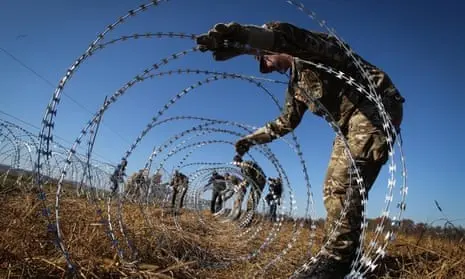

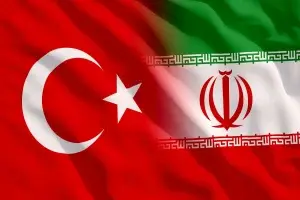





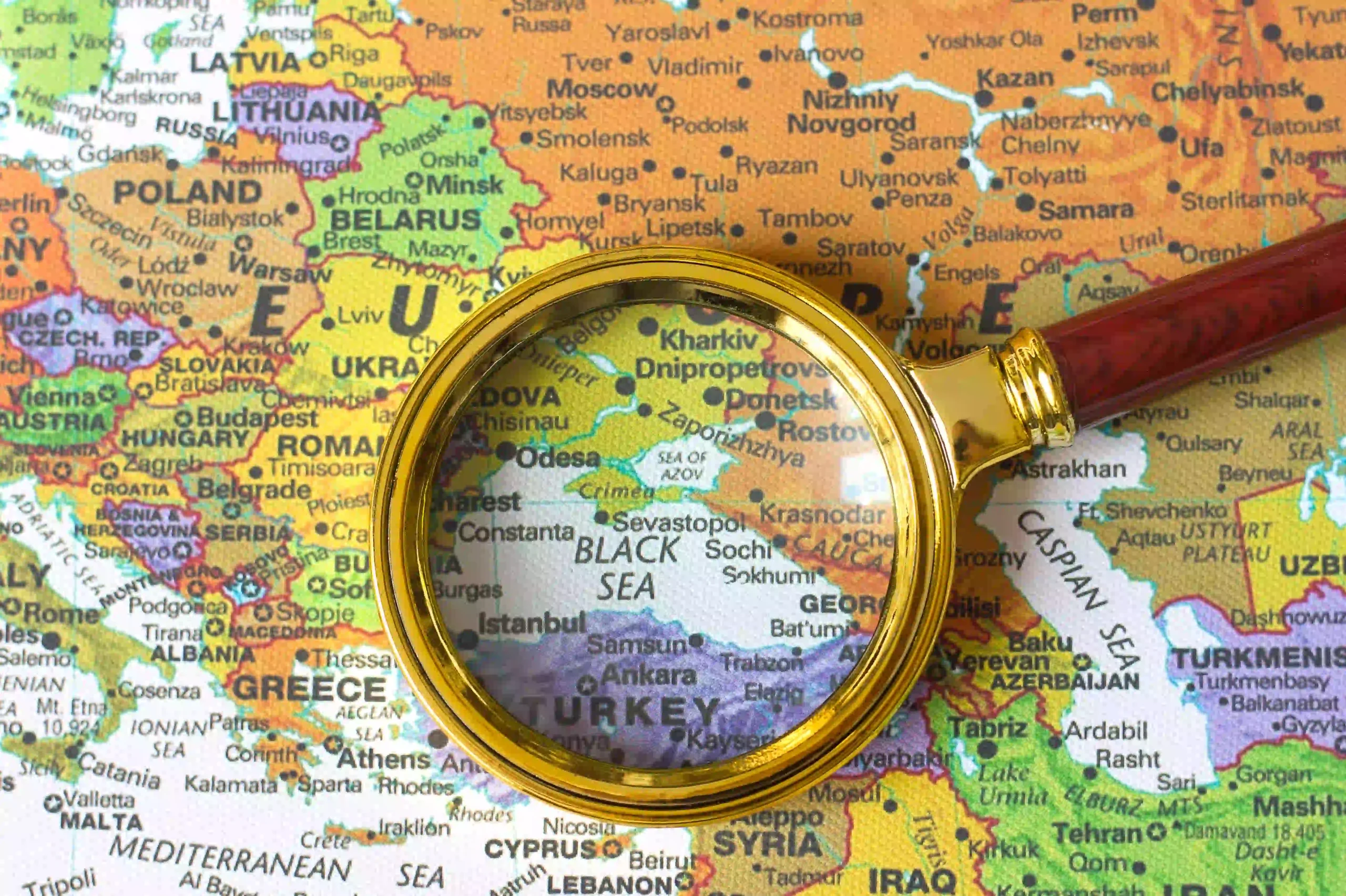
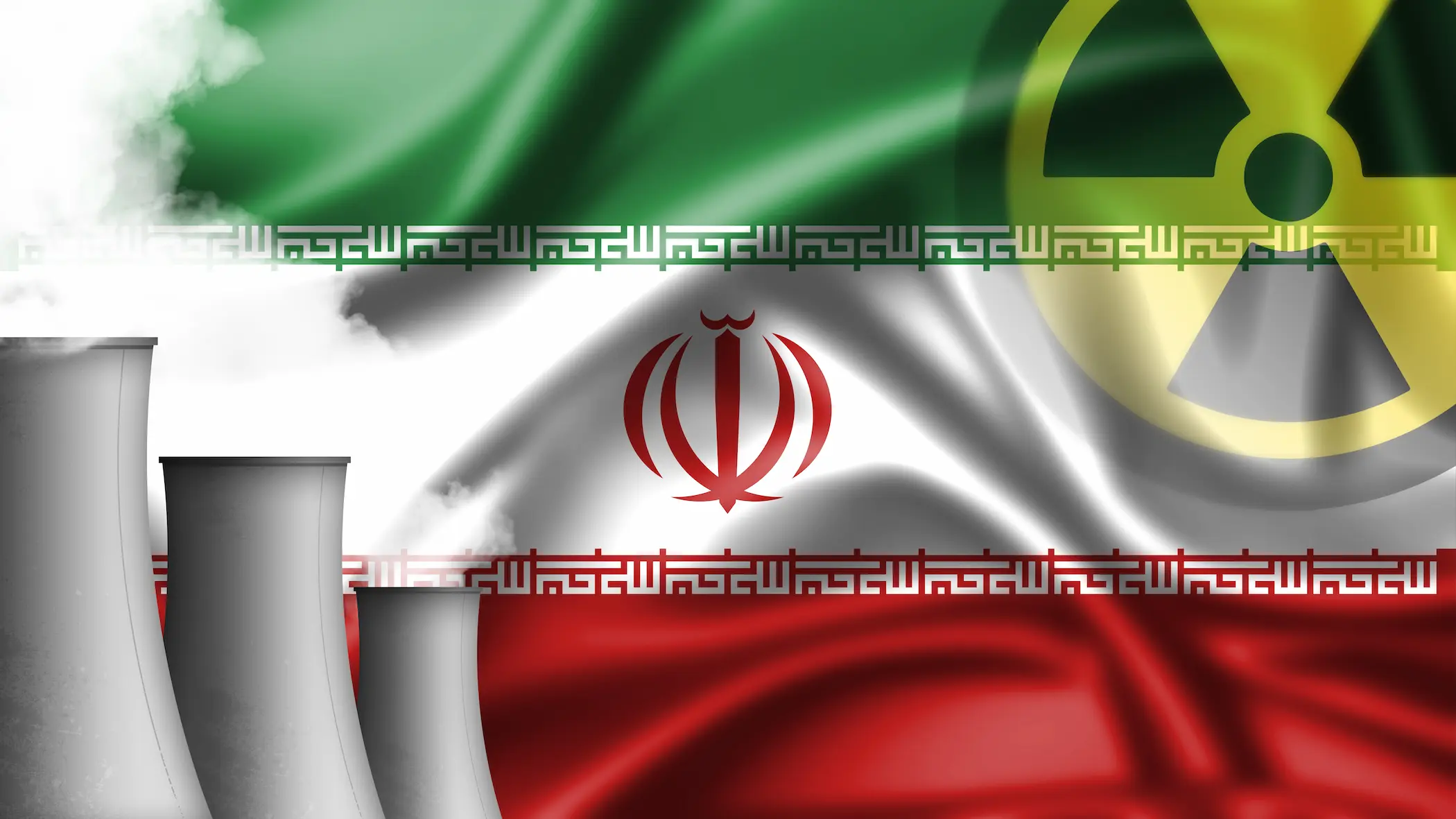

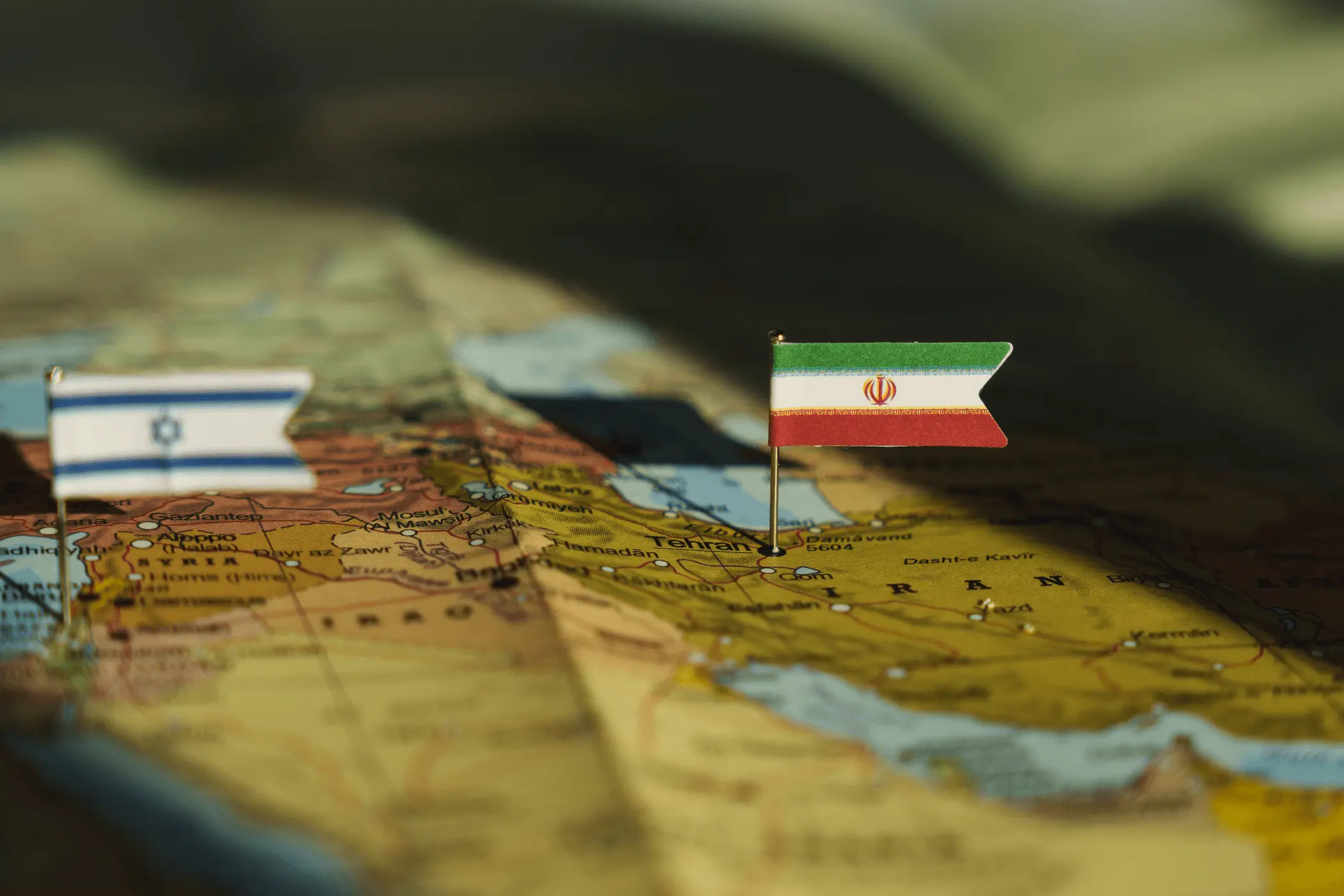
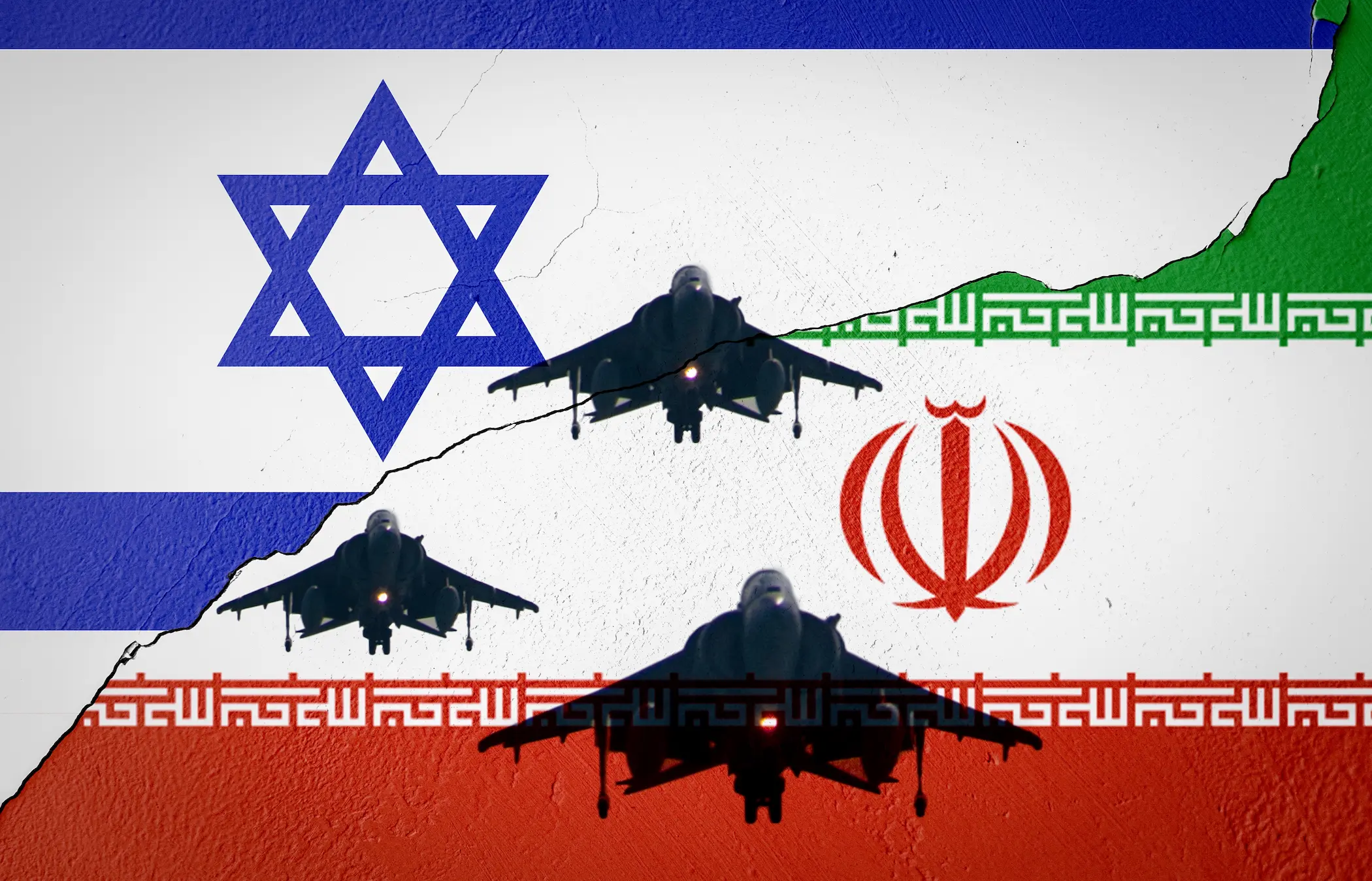
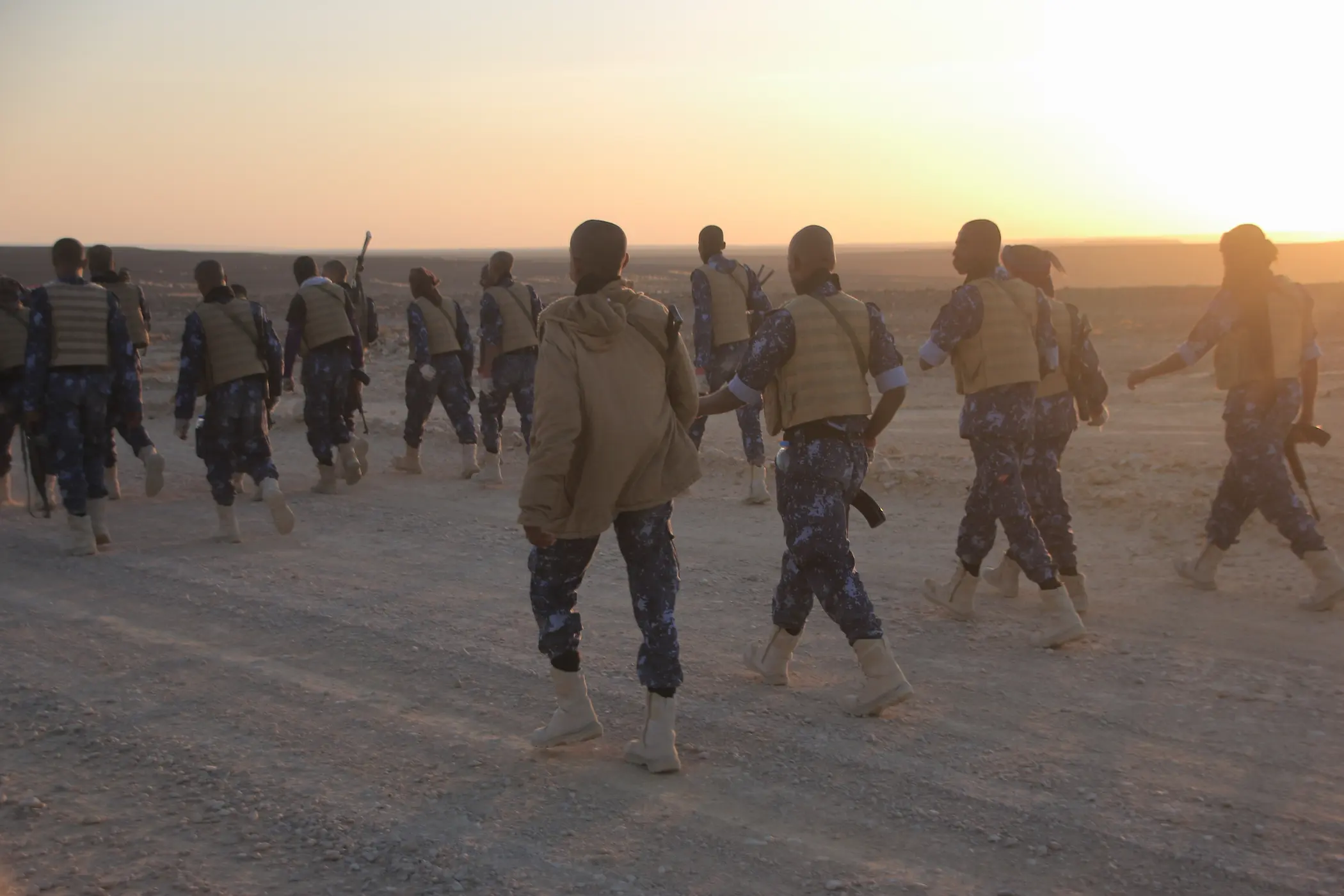
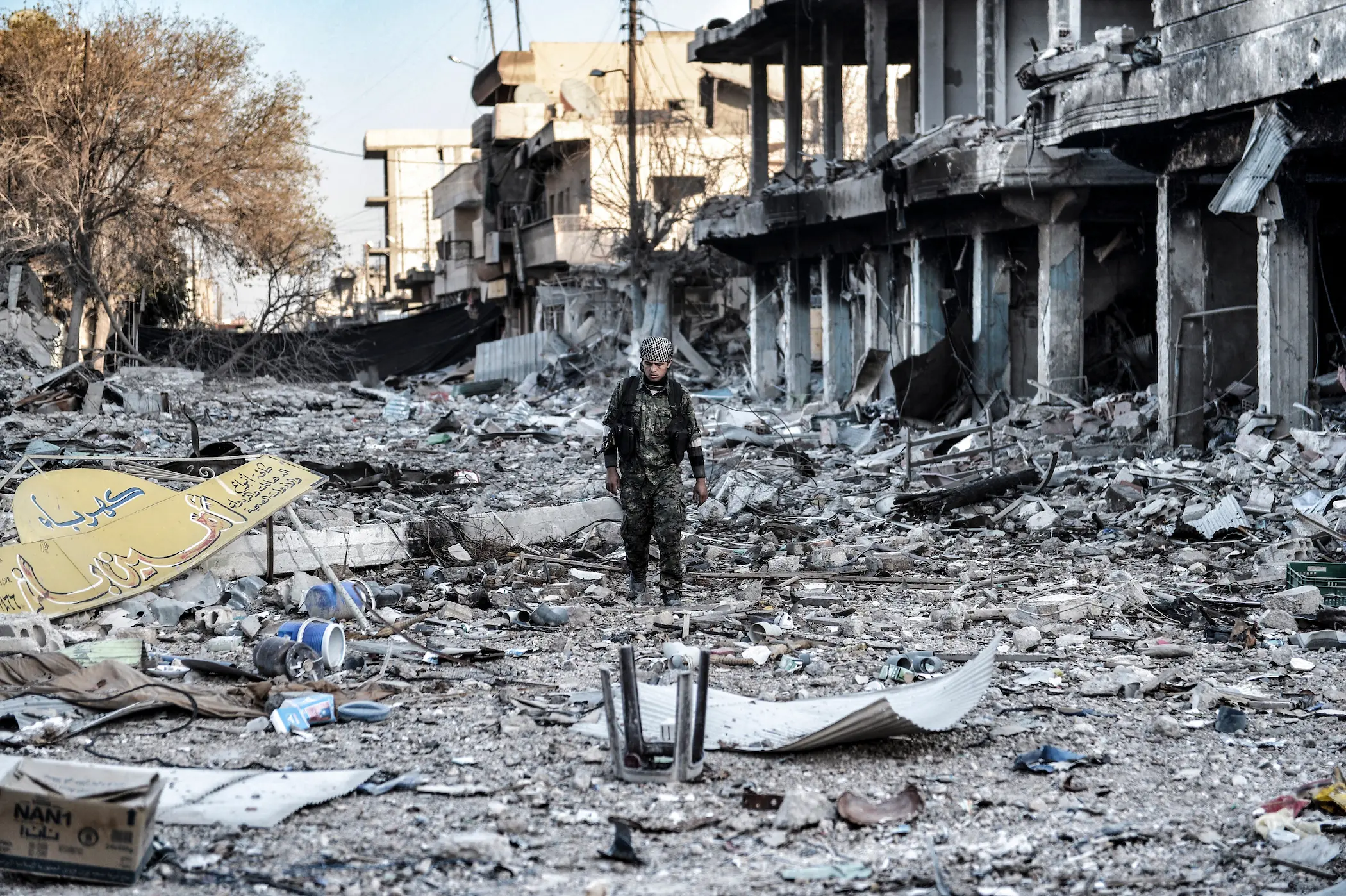
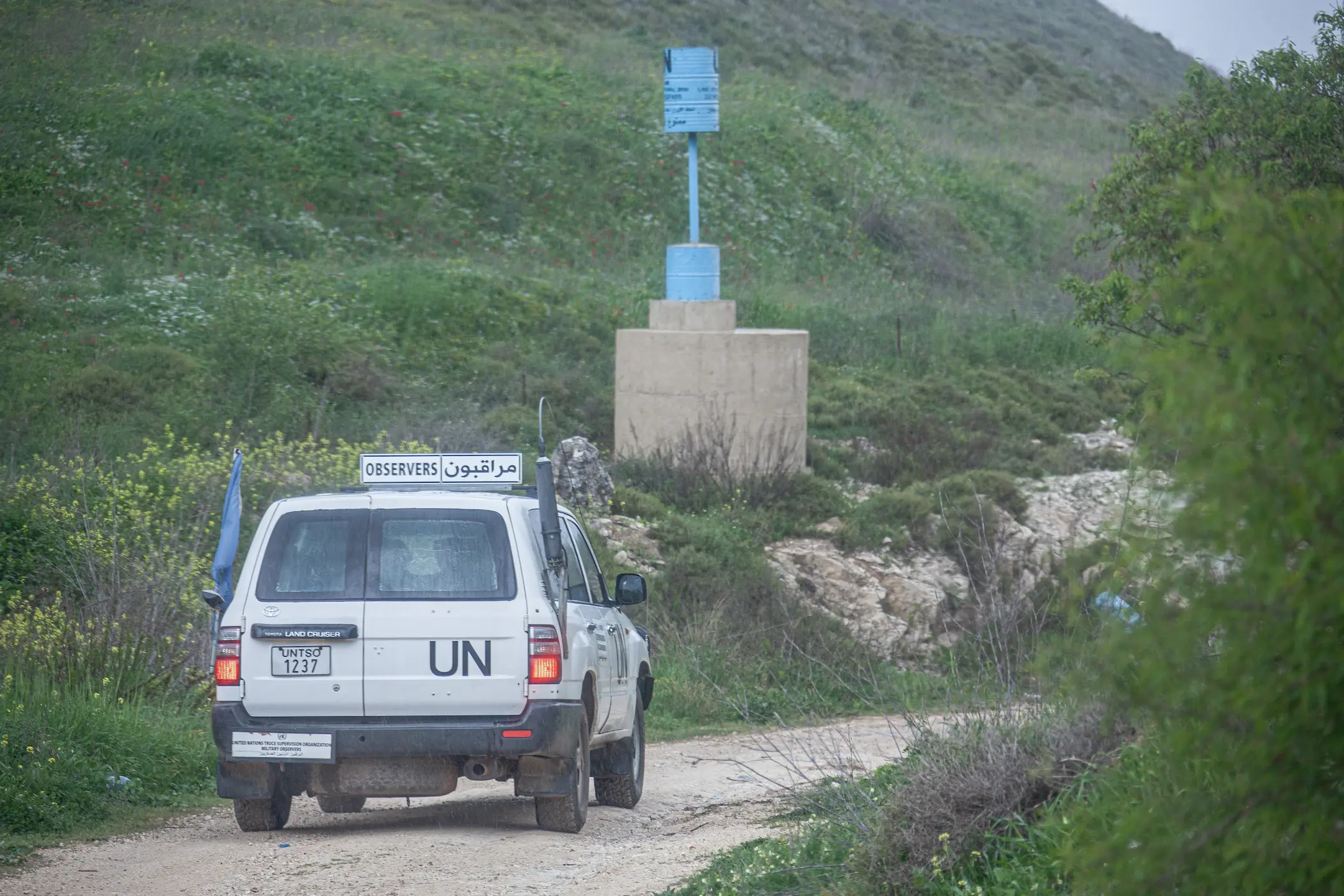
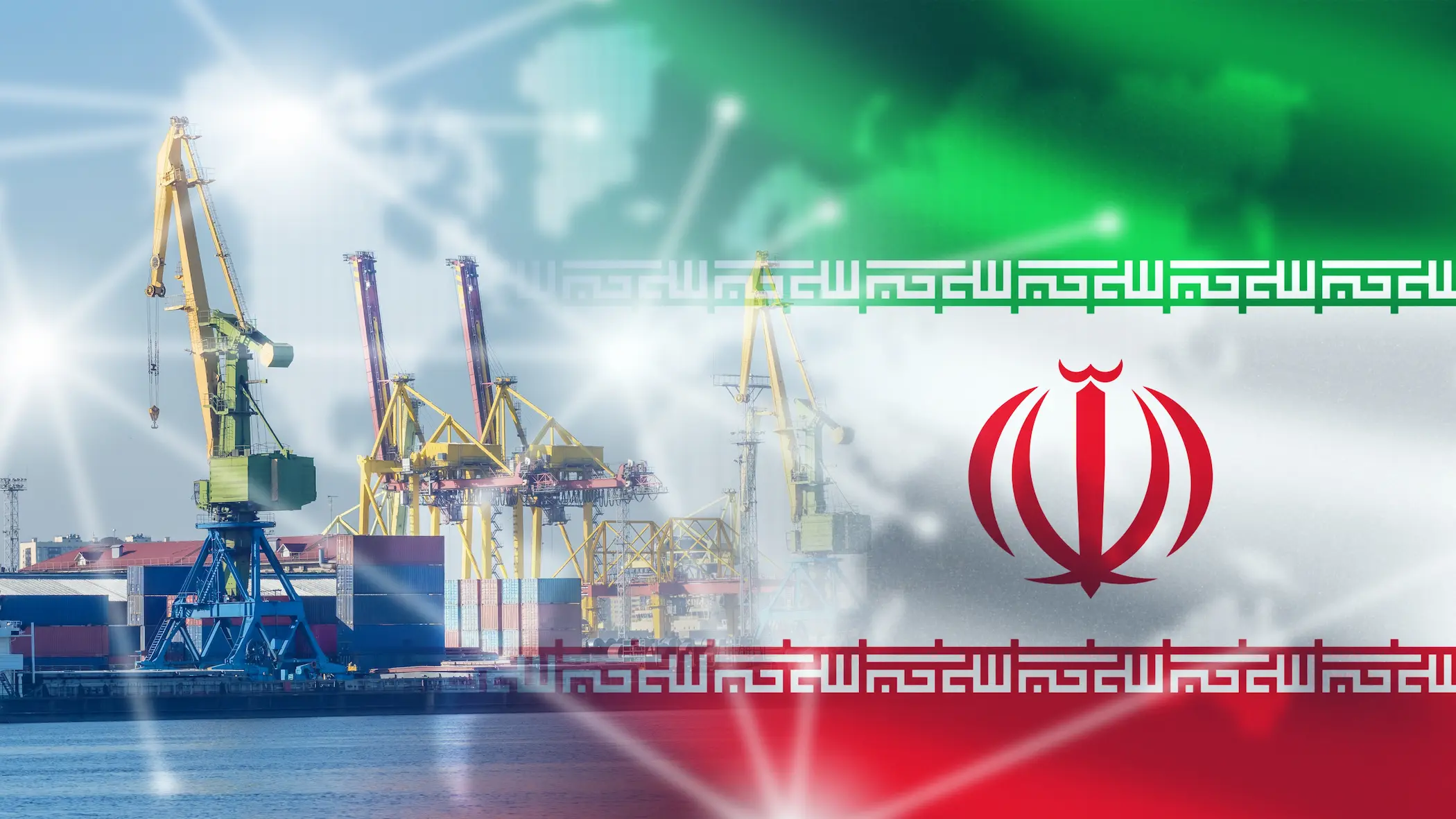



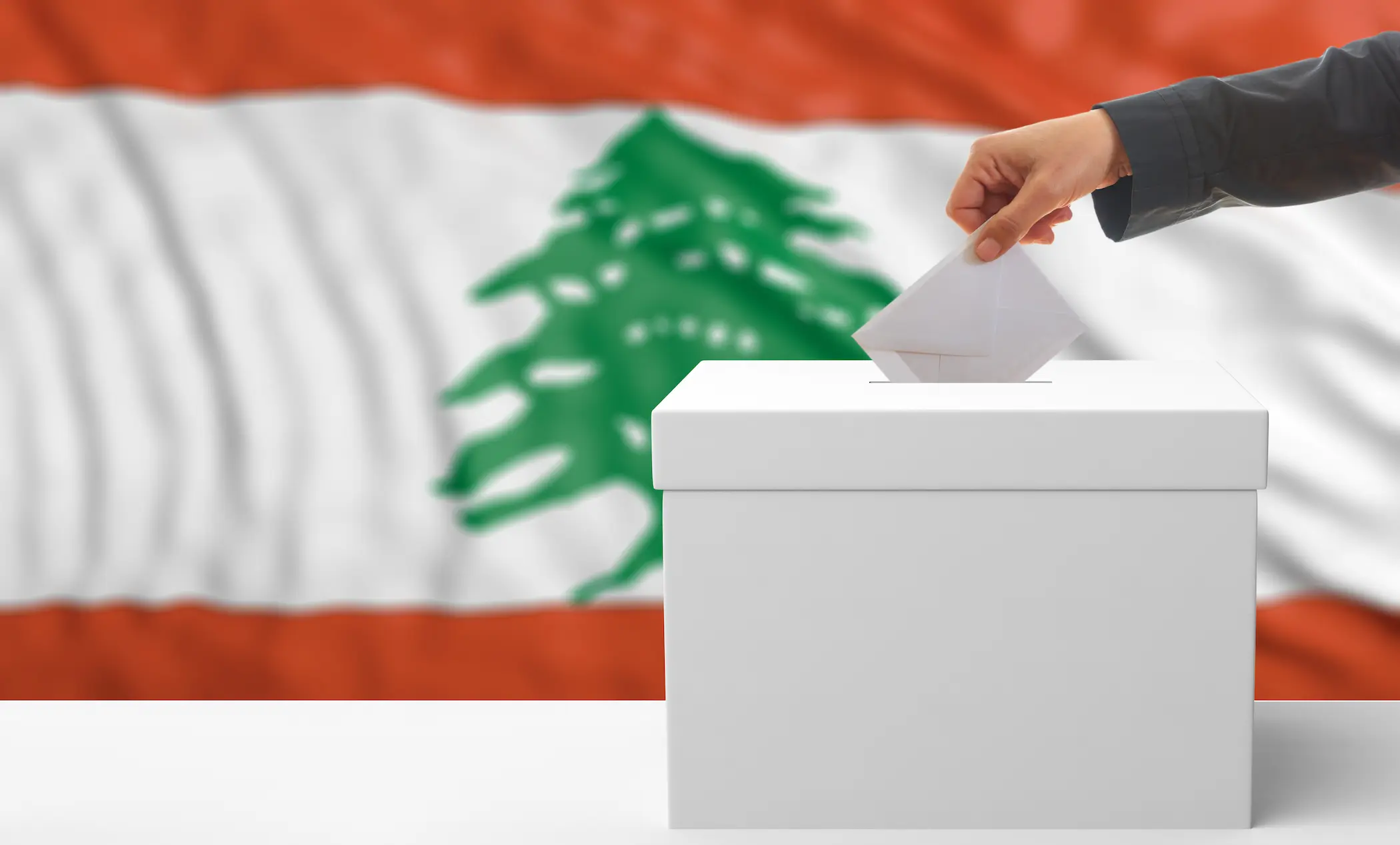
Comments